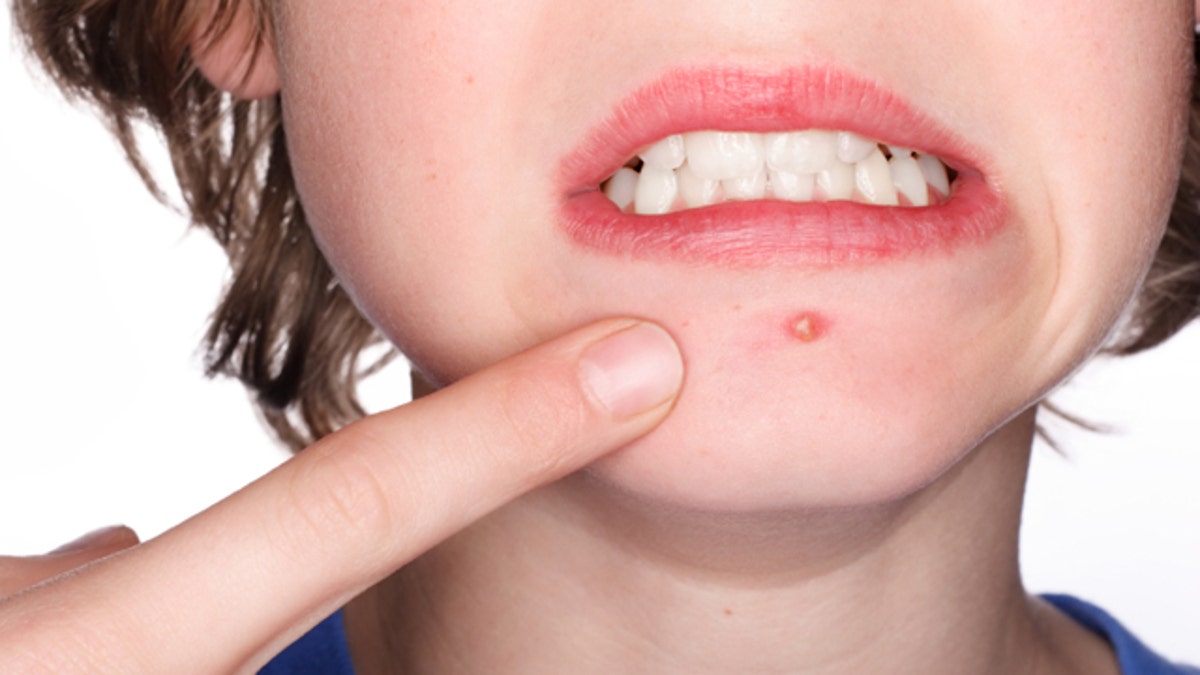
People with severe acne are at increased risk of attempting suicide, scientists said on Friday in a study, which fuels a debate about whether acne drugs such as Roche's Accutane prompt suicidal thoughts.
Swedish scientists found patients had an additional suicide risk for up to a year after treatment with isotretinoin, the generic version of Accutane, which is commonly prescribed for people with severe acne.
"A more probable interpretation is that the underlying severe acne may best explain the raised risk," they said, although they could not rule out that it may be "as a consequence of exposure to the drug."
Accutane, which Swiss drugmaker Roche said last year it would stop selling because of generic competition, has had a controversial history since its 1982 launch.
While powerful at clearing acne, the drug has been linked to birth defects if taken during pregnancy and has also been suspected of causing mental side effects, although Roche has vigorously defended personal injury claims in this area.
It is now available as generic isotretinoin and sold by drugmakers including Mylan, Ranbaxy and Teva Pharmaceutical Industries.
Acne is a widespread skin complaint found in up to 80 percent of adolescents. While most cases are mild, more severe cases can be quite disfiguring, a sensitive problem in social groups often already self conscious about their bodies.
Doctors say isotretinoin is effective in patients with severe acne, but also note reports linking isotretinoin to depression and suicidal behavior. Scientific studies have had conflicting results.
A study by Canadian scientists published in the Journal of Clinical Psychiatry in 2008 suggested isotretinoin might double the risk of developing depression.
A Norwegian study earlier this year found that levels of depression and suicidal thoughts were two or three times higher in young people who had the most severe acne than in those without it, suggesting the drug treatment may not be to blame.
Natural Course?
Against this background, Anders Sundstrom and a team from the Karolinska Institute in Sweden investigated suicide attempts before, during and after isotretinoin treatment for severe acne.
They assessed data from 5,756 people who had been prescribed isotretinoin from 1980-89 and linked these to hospital discharge and cause of death registers from 1980-2001.
The results, published in the British Medical Journal, found 128 patients admitted to hospital after a suicide attempt. The study also found the number of suicide attempts rose between one and three years before starting to take isotretinoin.
The risks were highest within six months of treatment ending.
Sundstrom's team said it was impossible to say for certain whether the continued rise in suicide risk was "due to the natural course of severe acne, or to negative effects of the treatment."
Commenting on the study, Sarah Bailey of the pharmacy and pharmacology department at Britain's Bath University said it was important research which strengthens the view that acne itself can have significant psychological effects.
"The controversial issue of increased suicide risk with isotretinoin use is not resolved by this paper," she said, adding that the most interesting finding was that the risk of suicide is increased after treatment, showing that it is "essential to continue to monitor patients carefully."







































